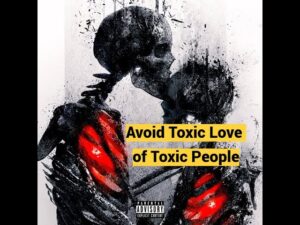
Narcissist’s MELTDOWN: Becomes Raging Borderline, Psychopath (Narcissism Summaries YouTube Channel)
The speaker explained that narcissists, when stressed, can shift into borderline and then psychopathic states due to low frustration tolerance, with aggression aimed at eliminating perceived internal sources of frustration.
















